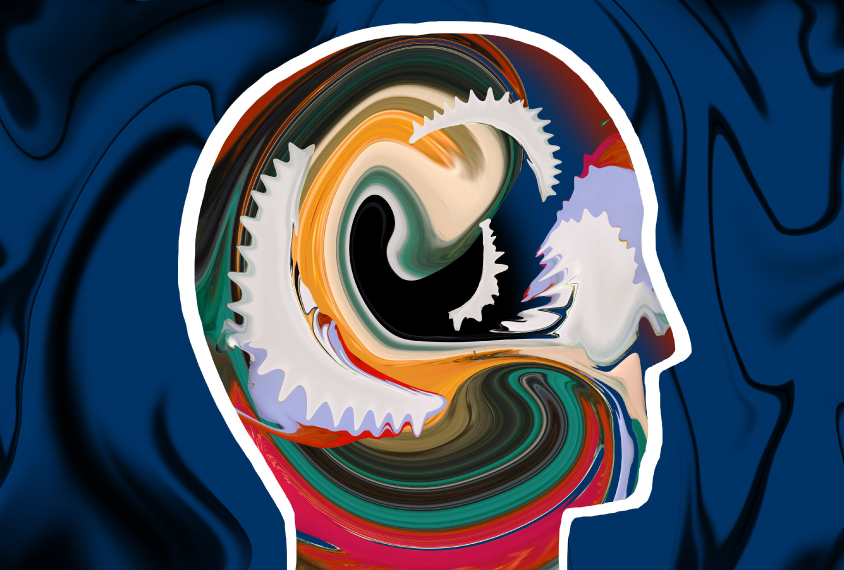Shannon Des Roches Rosa is senior editor at Thinking Person’s Guide to Autism, parent to three ever-taller children, and a fan of her spouse’s work in public media science documentaries. She lives near San Francisco, California.
Shannon Des Roches Rosa
Managing editor
Thinking Person’s Guide to Autism
From this contributor
Clinicians must put more effort into autism-specific medical care
Without it, autistic adults with high support needs like my son are missing out on treatments that could reduce their suffering and improve their quality of life.

Clinicians must put more effort into autism-specific medical care
How to help autistic children cope with pandemic lockdowns
Sheltering in place is especially hard for autistic children who dread changes in routine and who may have learned to repress their ways of managing stress. Here are tips to help them cope.

How to help autistic children cope with pandemic lockdowns
Autism meeting evolves to address needs of people on the spectrum
The annual meeting of International Society for Autism Research has aligned its offerings with the priorities of people with autism and their families.

Autism meeting evolves to address needs of people on the spectrum
A call to scientists to develop communication tools for autism
People with autism who speak few or no words need tools that can help them communicate. Scientists could make this happen.

A call to scientists to develop communication tools for autism
Before talking about autism, listen to families
Scientists should phrase their findings to be sensitive to the dignity and needs of people with autism.

Before talking about autism, listen to families
Explore more from The Transmitter
Two neurobiologists win 2026 Brain Prize for discovering mechanics of touch
Research by Patrik Ernfors and David Ginty has delineated the diverse cell types of the somatosensory system and revealed how they detect and discriminate among different types of tactile information.

Two neurobiologists win 2026 Brain Prize for discovering mechanics of touch
Research by Patrik Ernfors and David Ginty has delineated the diverse cell types of the somatosensory system and revealed how they detect and discriminate among different types of tactile information.
Shifting neural code powers speech comprehension
Dynamic coding helps explain how the brain processes multiple features of speech—from the smallest units of sounds to full sentences—simultaneously.

Shifting neural code powers speech comprehension
Dynamic coding helps explain how the brain processes multiple features of speech—from the smallest units of sounds to full sentences—simultaneously.
Astrocytes orchestrate oxytocin’s social effects in mice
The cells amplify oxytocin—and may be responsible for sex differences in social behavior, two preprints find.

Astrocytes orchestrate oxytocin’s social effects in mice
The cells amplify oxytocin—and may be responsible for sex differences in social behavior, two preprints find.